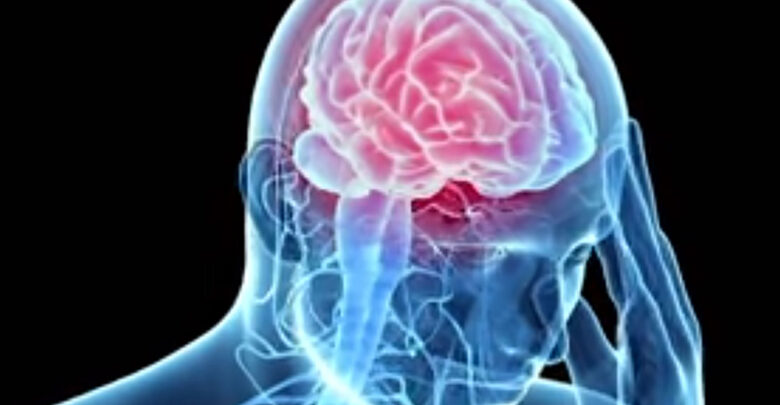Recovering from Traumatic Brain Injuries

Traumatic brain injury recovery can be a lengthy process, but it is important to explore what options are available for your specific injury.
We will explore how to deal with mild injuries but explore the precarious ways that one should treat a more severe injury.
After this article, you will certainly be much more educated on the different types of traumatic brain injury treatments.
Mild Injury
When considering the best way to deal with a mild traumatic brain injury, it is important to consider that it is likely that no treatment will be necessary and that the only thing necessary is a numbing of the pain by using medication such as paracetamol. However, this does not mean that everything is fine, it is important that this person remains under care to make sure that no further problems develop. For this reason, it is a good idea to make a doctor aware of your injury, and to keep in constant contact with them in regard of a potential appointment from the onset of your injury, and then another appointment after a while to see if anything else needs to be implemented.
Severe Injury
However, for a more traumatic brain injury, rehabilitation will look slightly different. It is likely that the traumatic brain injury care plan will be put in place and this can consist of a variety of recovery techniques.
The first of these is likely to be emergency care. Unlike mild injuries, other complications may occur, such as the brain not having enough blood to function properly. Therefore, it is important that emergency care is implemented to make sure that your vitals are functioning as they should be. If they are not, here is where you will be immediately treated, and ideally, these functions should be restored at this stage.
Afterwards, once this primary recovery has been completed, it is important to understand the importance of applying medications to help in treating your injury. This will seek to prevent any more complications from arising. These may include drugs such as diuretics for example.
However, sometimes injury can be so severe that immediate surgery may be necessary to fix any damage that has occurred or reduce the spreading of potential damage, for example, reducing the presence of bleeding in the brain.
Once these vital procedures have been completed it is likely that you will enter a rehabilitation stage, in which you will be taught how to function simply again, such as properly speaking in light of your injury, hopefully allowing you some form of independence in your life. These rehabilitation sessions will be catered for your specific injury.
Therefore, it is clear to distinguish between the way that mild injuries are treated as opposed to more severe ones. We are able to see the importance of emergency treatment in more severe injuries, as opposed to a slightly more relaxed approach to milder brain injuries. Nonetheless, every brain injury should be considered relatively serious, and you should seek the appropriate help if you have attained one.





